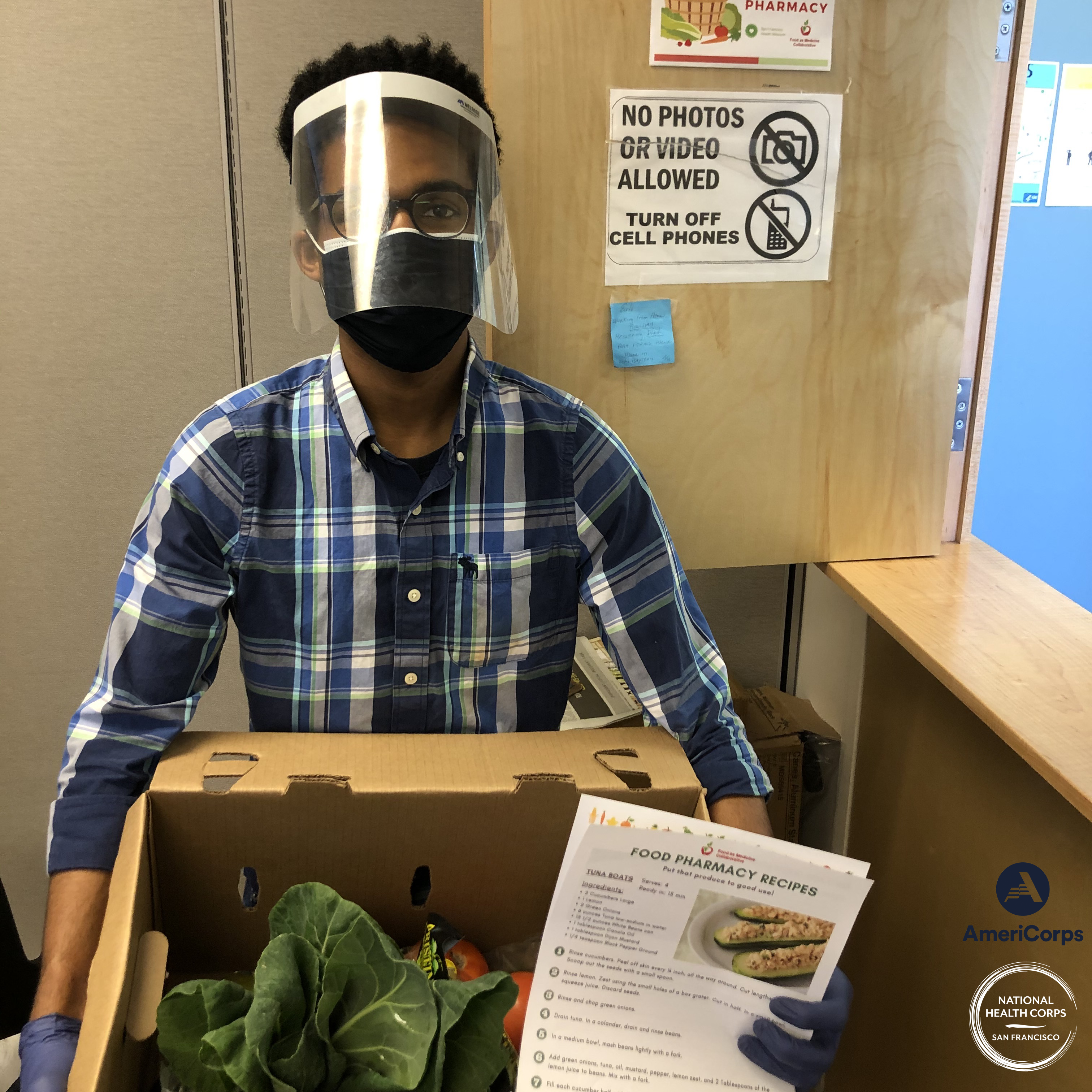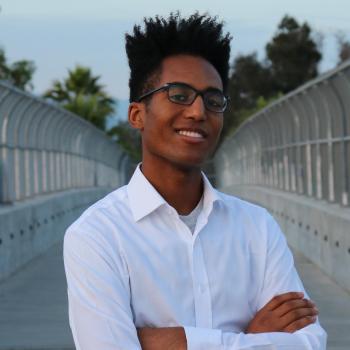The Most Important Health Workers Aren’t in The Clinic or the Health Department

Greetings! My name is Spencer. I was born on the East Coast, grew up in Shanghai, China and am currently making the Bay Area home. I graduated from Stanford last summer with a major in Biology and minor in Earth Systems. Currently, at the San Francisco Department of Public Health, I serve in the dual positions of COVID-19 Responder and Food Access Coordinator.
Having been a volunteer youth tutor since high school, I know that students teach you so much. Students have rich lived experiences, unique perspectives and agency – the ability to act independently.
In my service position, when I pick up the phone to call a patient, I say, “I’m calling from the San Francisco Department of Public Health,” and I am immediately placed in a position of power. Similar to a teacher, as a health worker, I have knowledge about what a patient may not have – their COVID-19 status, their blood pressure, their eligibility for a program, etc. The most important lesson I’ve learned through my year of service is that many of our patients are themselves – the most capable health workers we could ask for.
In my role as COVID-19 responder, I call patients to disclose their positive COVID-19 status, share the best health recommendations on isolation and quarantine, and connect patients to resources as necessary. Although our team puts in hard work – staying up to date on changing COVID-19 recommendations and fluctuating resources – our patients have their own expertise. I am still humbled to remember the actions of one mother I counseled. Moments after I informed her that her daughter tested positive, she barked orders to her daughter to get away from her sister and “Go to your room!” Minutes later, I heard her talking away on another phone to notify her employer that she would be quarantining and not at work. By the time I mentioned testing, she let me know that she already planned to get everyone else in her family re-tested. Admittedly, I was providing advice to this mother through every step of the call, however, me honoring her as an “expert in her own life” (as our NHC training has taught us) allowed her to complete a faster COVID-19 response than any health worker could facilitate.
In my experience as a Food Access Coordinator, I have witnessed similar brilliance from community members taking on the health workers role. As Food Access Coordinator, I help support nutritional behavior change as part of our initiative to address the disparity in chronic health conditions in our Black/African American patient population. The crux of our health intervention depends on building powerful relationships with our patients and encouraging them to prepare healthy foods that are rich in flavor and culture. Lack of transportation access to the clinic and an inaccessible culture of healthy eating are a couple of the barriers to participation. That’s why I am so appreciative of the efforts that our patients’ friends and families make to pick up food for our patients who can’t physically attend, to encourage patients to visit their doctors, and to cook the plant-based foods we provide. I am honored to share family recipes, food traditions and precious time with them every week.
I express gratitude to the National Health Corps AmeriCorps program for giving me the privilege to work with and learn from the real practitioners of public health – the community.
